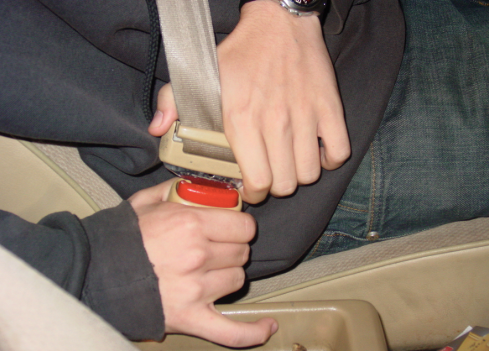
Each state has its take on seat belt laws and regulations. Below I will describe some of the key seat belt laws in the state of Tennessee.
First and foremost, it is important to know that Tennessee is a primary seat belt state. This means that a police officer can pull over a vehicle solely because the driver or one of the passengers is not buckled in. It is required that all drivers and passengers driving or riding a vehicle wear their seat belt, regardless of age or position in the car. When it comes to child passenger restraint laws, those of Tennessee is among the nation’s most specific. Tennessee law specifies the type of system that should be used based on the child’s age and proportions. Infants under the age of 1 and those that weigh less than 20 pounds must ride in a rear-facing infant seat. Children between 1 and 3 and weighing 20 pounds or more must be placed in a forward-facing infant seat. Children between the age of 4 and 8 and measuring less than 57 inches must be strapped into an approved belt-positioning booster seat system. An adult seat belt is allowed for children aged 9 to 15 or 12 or younger measuring more than 57 inches.
Penalties for violation of the seat belt laws vary by age in Tennessee. For the first offense, individuals over the age of 18 may have to pay only $10. For a second offense and subsequent offenses, the fine is raised to $20 instead of a court appearance. Drivers aged 16 to 17 are able to pay a fine of $20 rather than appear in court. Violating Tennessee’s child passenger restraint laws can result in a $50 fine. An important thing to note, however, is that a violation of Tennessee’s seat belt laws does not yield points on the license—as happens in some states.
To properly secure yourself and your passengers into your vehicle, you want to make sure your seat belts are in good and working condition. If there is anything wrong with them, turn to the company Safety Restore for seat belt repair.


